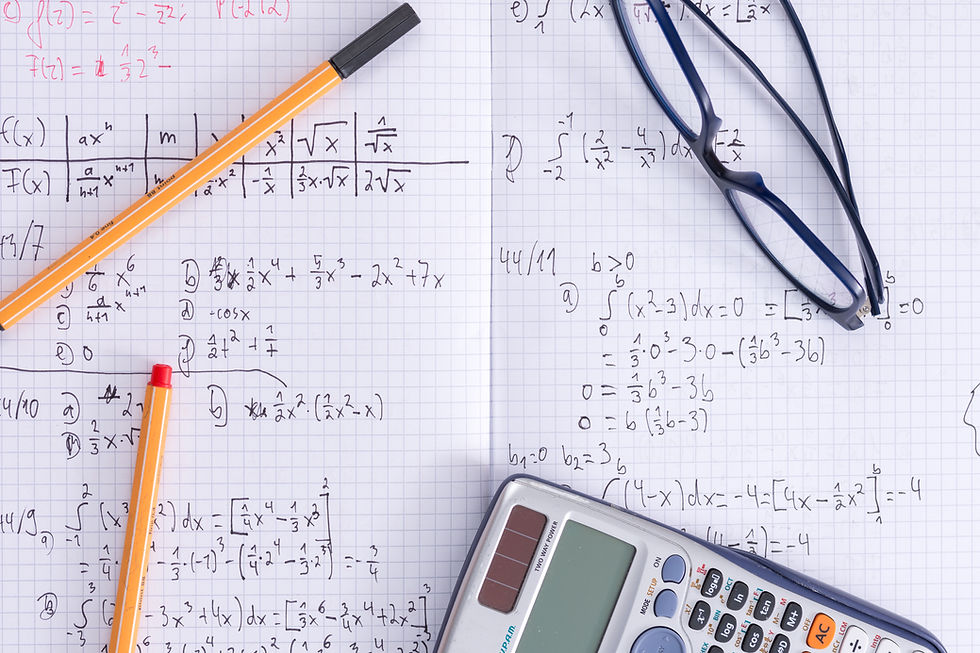Mathematical Learning Theory VS Mathematical Problem-Solving theory
- Hany Moussa
- Dec 6, 2020
- 2 min read
1- Mathematical Learning Theory:
Mathematical learning theory is an attempt to describe and explain behaviour in quantitative terms. Several psychologists have attempted to develop such theories (e.g., Restle & Greeno, 1970).
Atkinson (1972) discusses the problem of optimizing instruction. He outlined four possible strategies.
a) Maximize the mean performance of the whole class.
b) Maximize the mean performance for everyone which will lead to minimizing the variance in performance for the whole class.
Atkinson’s (1972) strategy was based upon a mathematical model that predicted the changes from one state of memory to another.
2- Mathematical Problem-Solving Theory
Alan Schoenfeld presents the view that understanding, and teaching mathematics should be approached as a problem-solving domain. According to Schoenfeld (1985), four categories of knowledge/skills are needed to be successful in mathematics:
1) Resources – proposition and procedural knowledge of mathematics.
2) Heuristics – strategies and techniques for problem-solving such as working backwards or modelling figures.
3) Control – decisions about when and what resources and strategies to use.
4) Beliefs – a mathematical “world view” that determines how someone approaches a problem.
Schoenfeld’s theory is supported by data analysis protocol of students solving problems. The theoretical framework is based on cognitive psychology. Schoenfeld (1987) places more emphasis on the importance of metacognition and the cultural components of learning mathematics (i.e., belief systems) than in his original formulation.
As the two theories complement one another, So, concluding a set of principles for teaching mathematics can be as follows:
- It is possible to develop an optimal instructional strategy for a given individual provided that a detailed model of the learning process is available.
- Optimal learning performance can be achieved by giving each student sufficient time to learn.
- Successful solution of mathematics problems depends upon a combination of resource knowledge, heuristics, control processes and belief, all of which must be learned and taught.
Kindly access the personal Padlet board for more relevant artefacts and pieces of literature.

References
Atkinson, R. C. (1972). Ingredients for a theory of instruction. American Psychologist, 27, 921-931.
Restle, F. & Greeno, J. (1970). Introduction to Mathematical Psychology. Reading. MA: Addison-Wesley.
Schoenfeld, A. (1985). Mathematical Problem Solving. New York: Academic Press.
Schoenfeld, A. (1987). Cognitive Science and Mathematics Education. Hillsdale, NJ: Erlbaum Assoc.



Comments